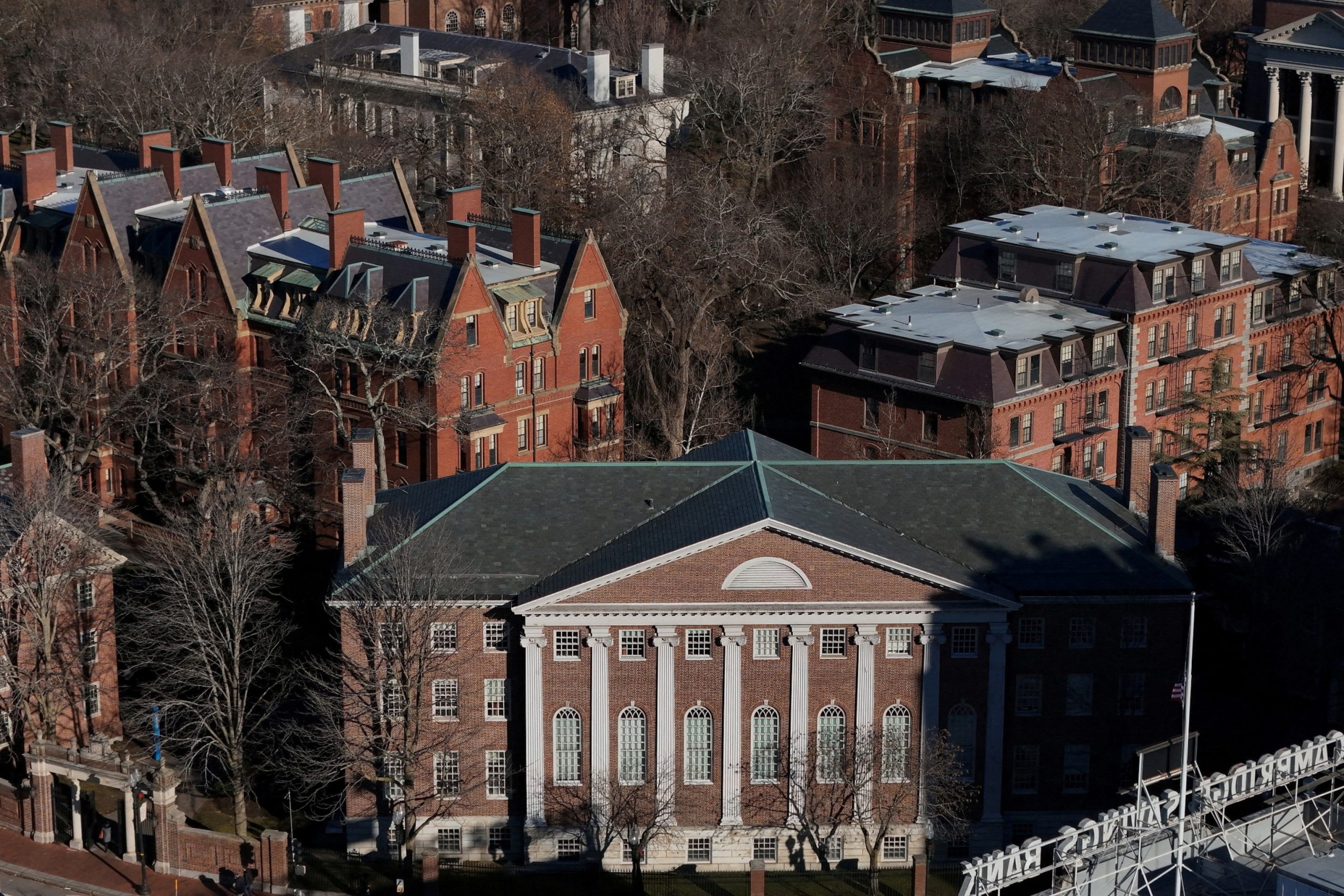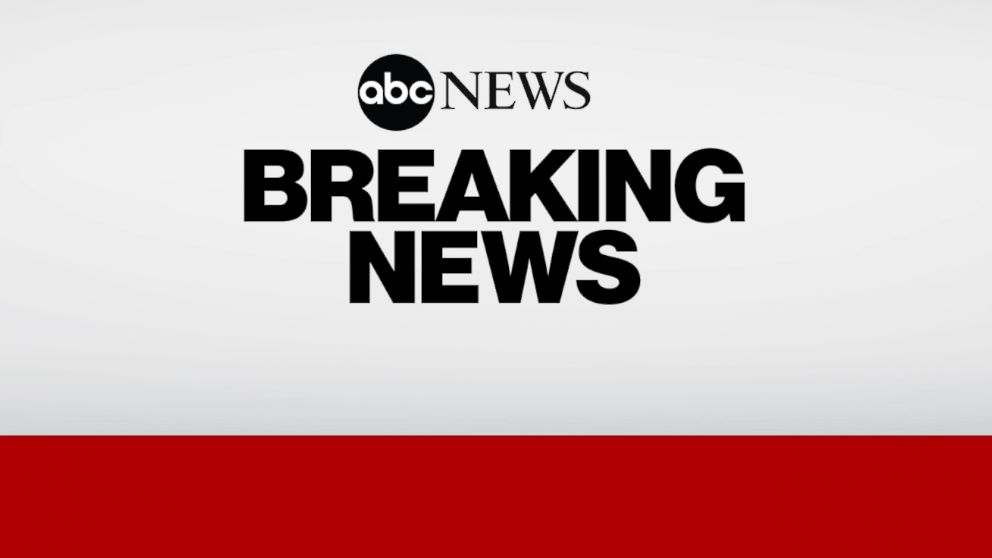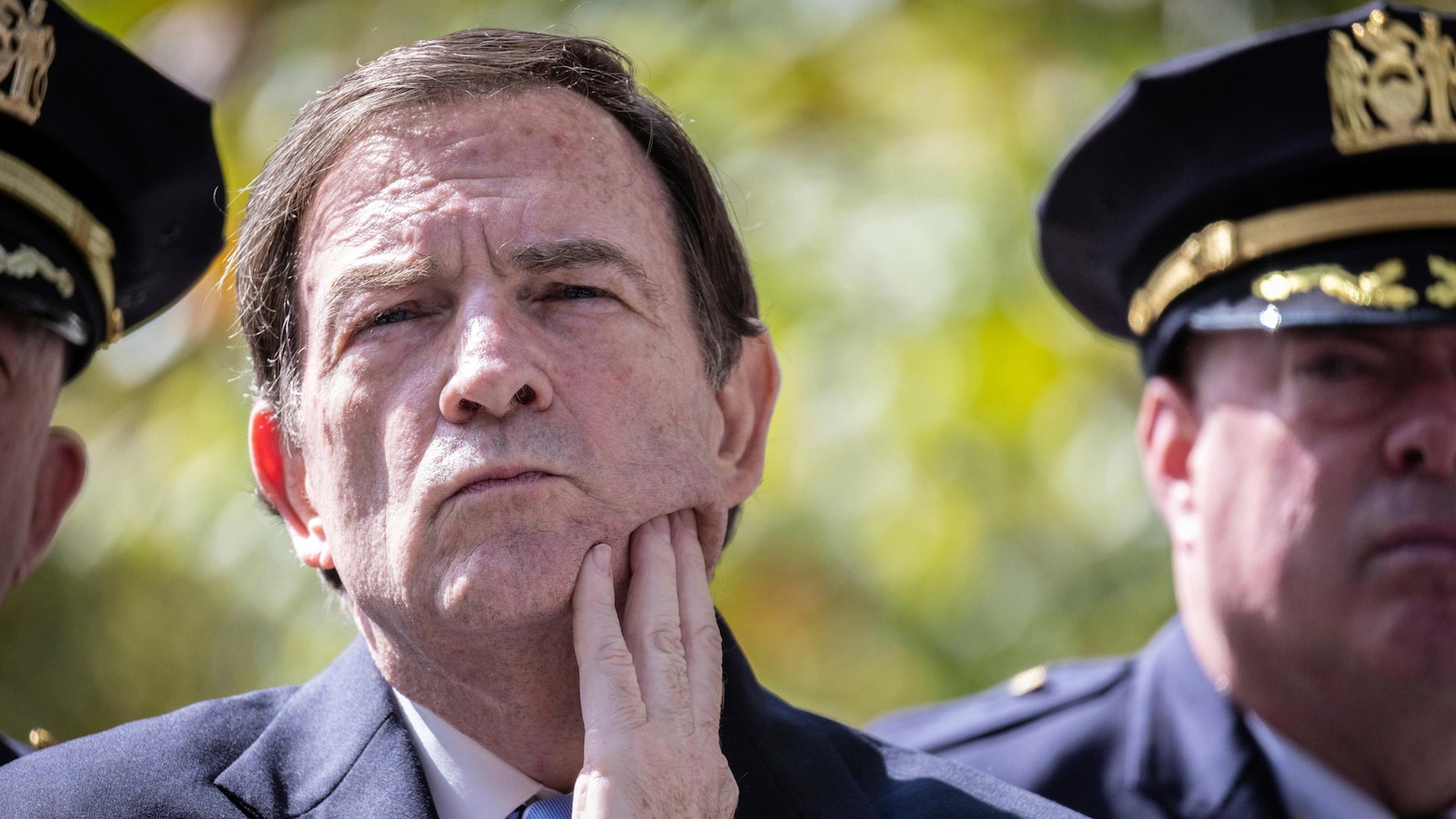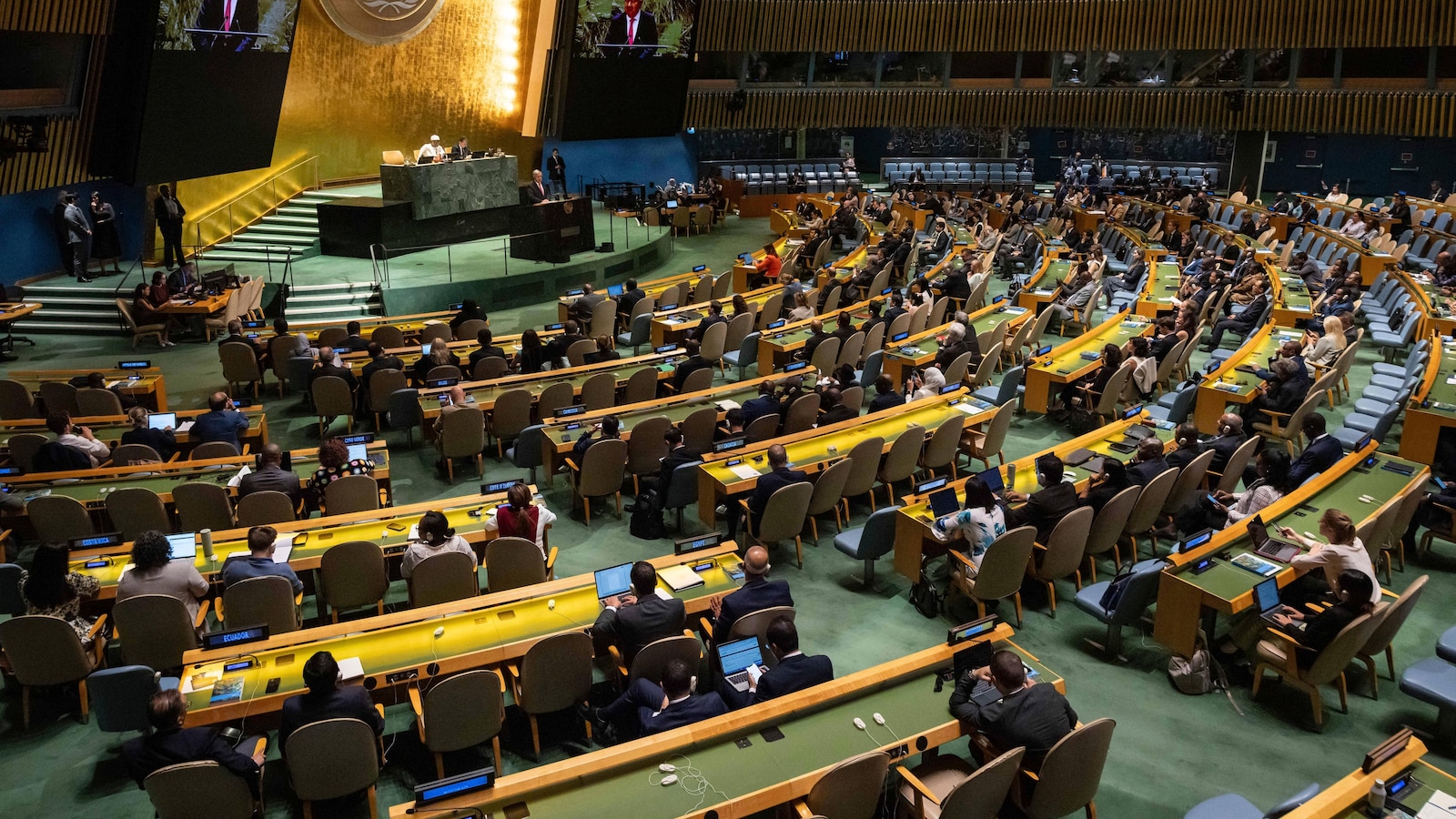Harvard University announced that it will no longer be speaking out on political or social issues that don’t impact the institution’s “core function,” after months of unrest on college campuses amid the Israel-Hamas war.
The move follows guidance and recommendations from the Institutional Voice Working Group, which Harvard established in April to consider if and how the Ivy League university should address “publicly salient” issues.
According to the group, it gathered input from each school at the university, as well as from more than 1,000 faculty, students, staff, and alumni via 31 focus groups, an online poll, and an email address to which people could submit their thoughts, to come to its conclusion.
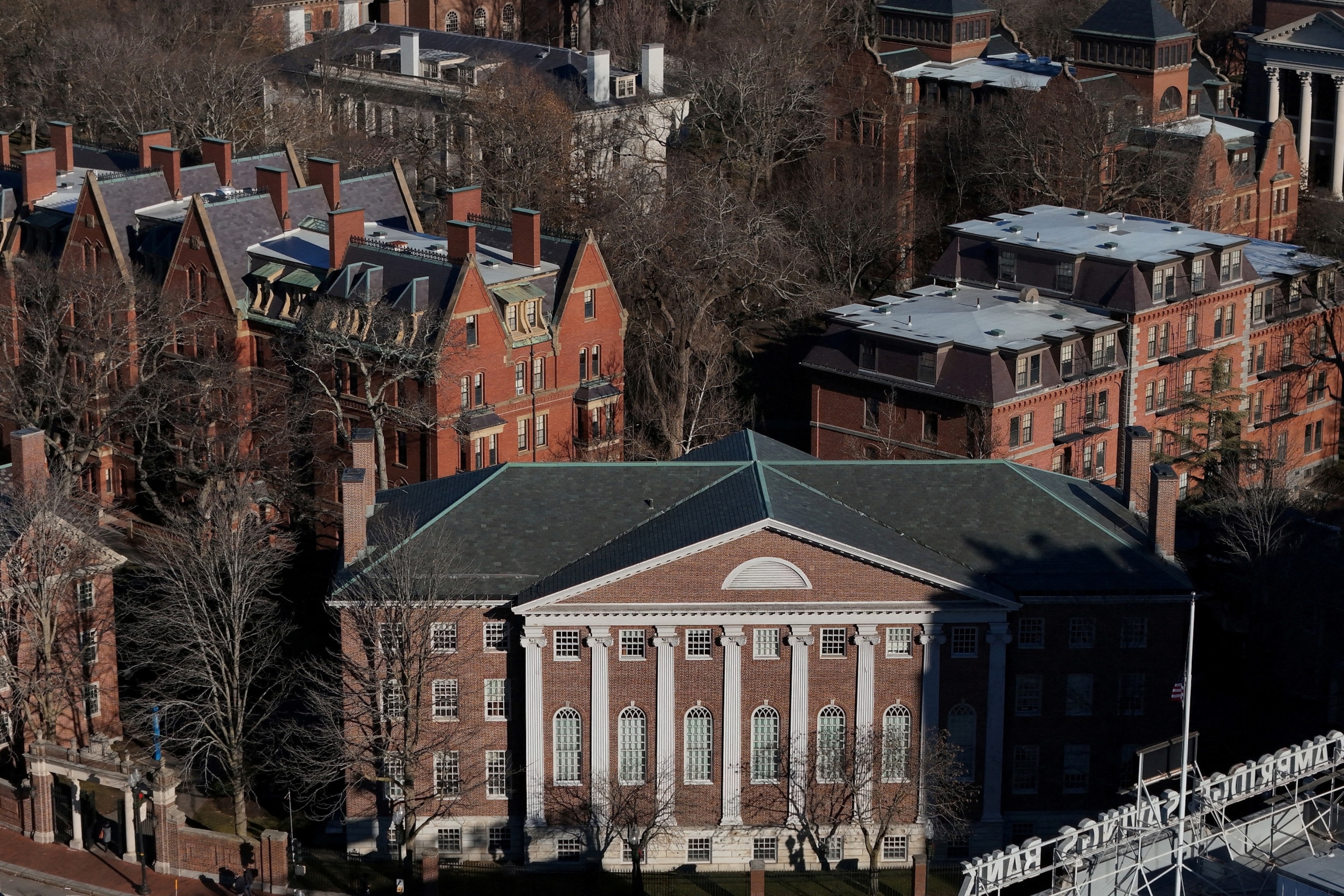
Harvard University is seen in Cambridge, Mass., Dec. 12, 2023.
Brian Snyder/Reuters, FILE
The group recommended that the university and institutional leaders should not “issue official statements about public matters that do not directly affect the university’s core function.”
The statement noted that the report found “such statements risk compromising the ‘integrity and credibility’ of our academic mission and may undermine open inquiry and academic freedom by making it ‘more difficult for some members of the community to express their views when they differ from the university’s official position.'”
Harvard “is not a government, tasked with engaging the full range of foreign and domestic policy issues, and its leaders are not, and must not be, selected for their personal political beliefs,” the report says, in part. Harvard leaders have previously spoken out on issues including the Israel-Hamas war, the Russian invasion of Ukraine, and as other geopolitical and sociopolitical issues.
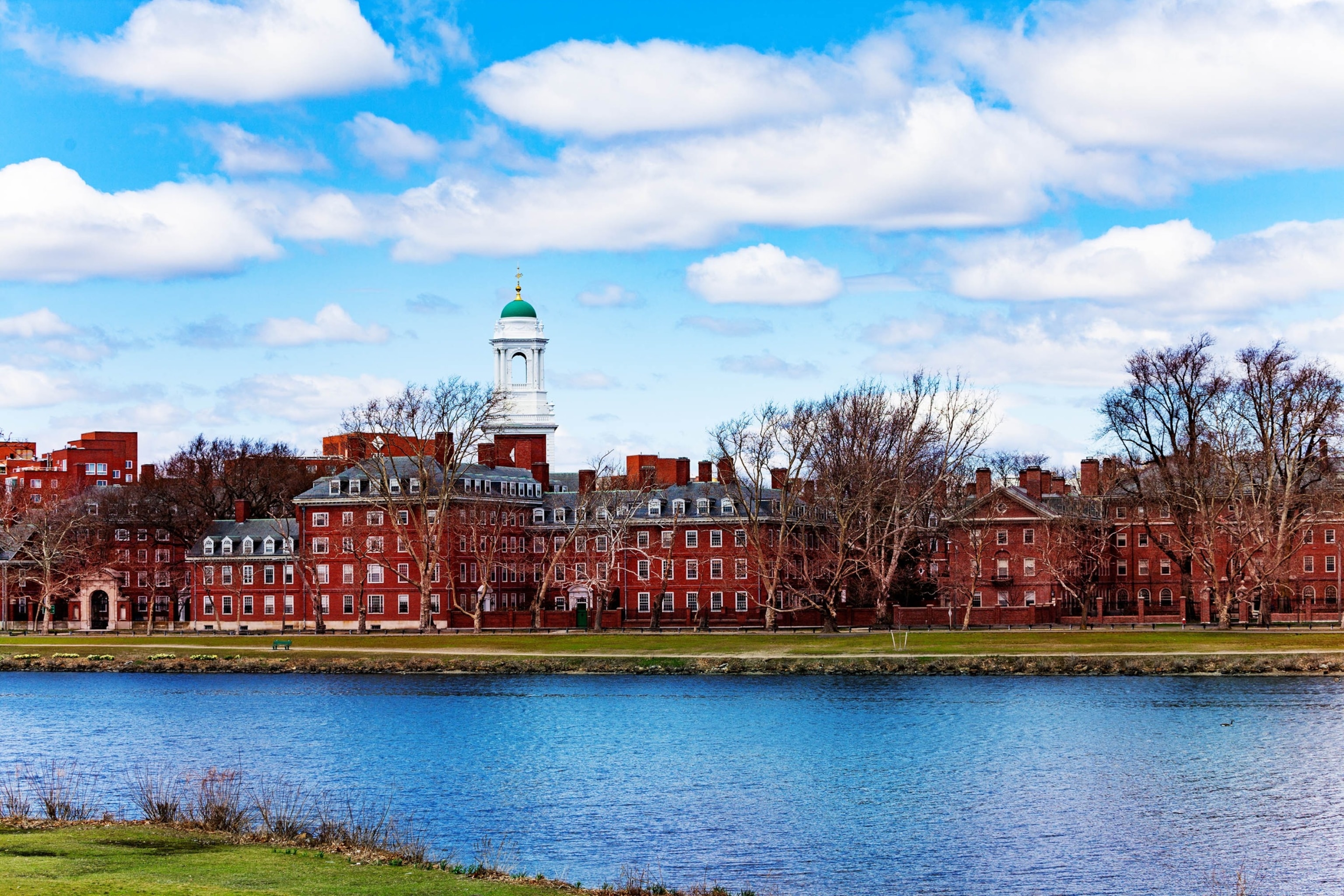
Dunster House in Cambridge at Harvard University is pictured in 2022 image.
STOCK PHOTO/Getty Images
The Institutional Voice Working Group was created following months of tension on the Harvard campus.
Related Stories
Immediately after the start of the Israel-Hamas war, student groups, led by the Palestine Solidarity Committee, issued a statement on the conflict, saying Israel is “entirely responsible for all unfolding violence.”
“Today’s events did not occur in a vacuum,” the Harvard student groups said in their statement. “For the last two decades, millions of Palestinians in Gaza have been forced to live in an open-air prison. Israeli officials promise to ‘open the gates of hell,’ and the massacres in Gaza have already commenced. Palestinians in Gaza have no shelters for refuge and nowhere to escape. In the coming days, Palestinians will be forced to bear the full brunt of Israel’s violence.”
After the statement was released, Jewish student groups pushed back and accused the pro-Palestinian groups of supporting the Hamas attack. Students in the pro-Palestinian groups denied those claims and said their statement was misinterpreted.
In January, then-Harvard President Claudine Gay resigned her office after facing criticism in a House hearing over allegations and concerns of antisemitism on the Harvard campus following the start of the Israel-Hamas War.
Most recently, the campus has seen an intensified wave of protests, including encampments of students demanding that the university divest from companies or groups that benefit from Israeli military operations in Gaza.
Harvard University, one of the most prestigious institutions of higher education in the world, has recently announced that it will refrain from commenting on public matters that are unrelated to its core functions. This decision comes at a time when universities and other organizations are increasingly being called upon to take a stance on a wide range of social and political issues.
In a statement released by Harvard’s President, Lawrence Bacow, the university emphasized that its primary mission is to educate students, conduct research, and contribute to the advancement of knowledge. While Harvard recognizes the importance of engaging with the broader community and addressing pressing societal issues, it believes that it is best equipped to do so through its core activities.
This decision reflects a growing trend among universities to focus on their academic mission and avoid getting entangled in controversial public debates. Many institutions have found themselves in hot water in recent years for making statements or taking actions that have alienated certain segments of the population. By staying neutral on issues that fall outside of its expertise, Harvard hopes to maintain its reputation as a respected academic institution that is open to diverse perspectives.
However, some critics argue that Harvard’s decision to refrain from commenting on public matters could be seen as a missed opportunity to use its platform and influence for good. They argue that universities have a responsibility to speak out on issues of social justice, diversity, and inclusion, and that staying silent could be interpreted as complicity in the status quo.
Ultimately, Harvard’s decision to avoid commenting on public matters unrelated to its core functions raises important questions about the role of universities in society. Should academic institutions use their platform to advocate for social change, or should they focus solely on their academic mission? It is a complex issue that will continue to be debated as universities navigate their role in an increasingly polarized and politicized world.
